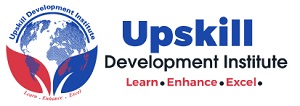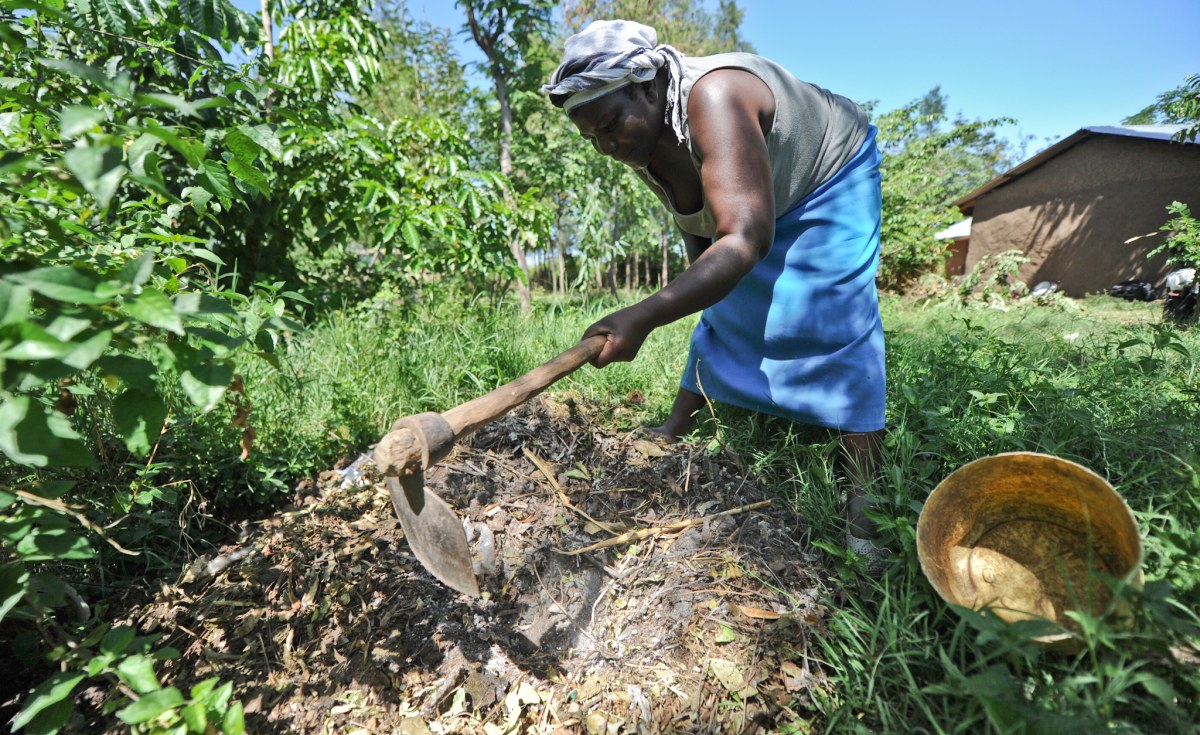Introduction
This course will equip you with knowledge on protecting people’s livelihoods from shocks, and strengthening their capacity to absorb the impact of, and recover from, disruptive events. It is a necessary ingredient for food and nutrition security. The course is also in line with the first millennium goal on eradication of extreme poverty and hunger.
Course Objective:
o Understand various terms in food security and risk reduction
o Food Security interventions
o Food Security analysis and tools
o Food Security Programming
o Improve agricultural infrastructure and agricultural practice
Duration
5 days
Who should attend?
National governments, UN partners and NGOs, Agriculture Extension (Agricultural extension officers, senior agricultural officials and policy makers) working with communities, in governments, funding agencies, Research organizations
Course content
o Approaches for Understanding Food Systems
o Climate Resilience Approaches
o Integrated Conceptual Framework
o Application of the Concepts
o Country Food System Context and Food Security Analysis
o Community Food Security Analysis
o Food policy analysis tools.
o Agricultural commodity market tools
o Agricultural input prices
o Food security indicator & policy analysis tool
o Community Resilience Analysis and Indicator Development
o Food Security Analysis
o An Introduction to the basic concepts of food security
o The causes of food insecurity and description on how to prepare and plan targeted food security interventions for the poorest sectors of a community.
o Food system resilience and indicators
o Preparation and planning of targeted interventions
o Types of food security assessment:
o Food Security Monitoring System (FSMS)Processes involved in analyzing food security situations Food Security contributing and non-food security contributing factors
o Targeting of the poorest groups and various other target groups
o Approaches, methods and tools used by humanitarian agencies to measure livelihoods, food insecurity and vulnerability (Vulnerability Mapping for Food Security)
o Tools/instruments for analysis
o Part I: context of livelihood security, defining socio-economic systems, participatory group discussions and field visits
o Part II: transect walks and village profile documentation, interpretation of data: towards causes of food insecurity, short survey
o Community food security assessment tool kit
o Gender integration in food security programming
o Food Utilization Resilience Analysis
o Food Access Resilience Analysis
o Food Availability Resilience Analysis
o Resilience Analysis of Support Resources and Services
o Resilience Analysis of Support Organizations and Policies
Training Approach
This course will be delivered by our skilled trainers who have vast knowledge and experience as expert professionals in the fields. The course is taught in English and through a mix of theory, practical activities, group discussion and case studies. Course manuals and additional training materials will be provided to the participants upon completion of the training.
Tailor-Made Course
This course can also be tailor-made to meet organization requirement. For further inquiries, please contact us on: Email: training@upskilldevelopment.com Tel: +254 721 331 808
Training Venue
The training will be held at our Upskill Training Centre. We also offer training for a group at requested location all over the world. The course fee covers the course tuition, training materials, two break refreshments, and buffet lunch.
Visa application, travel expenses, airport transfers, dinners, accommodation, insurance, and other personal expenses are catered by the participant
Certification
Participants will be issued with Upskill certificate upon completion of this course.
Airport Pickup and Accommodation
Airport pickup and accommodation is arranged upon request. For booking contact our Training Coordinator through Email: training@upskilldevelopment.com, +254 721 331 808
Terms of Payment: Unless otherwise agreed between the two parties payment of the course fee should be done 3 working days before commencement of the training so as to enable us to prepare better.

